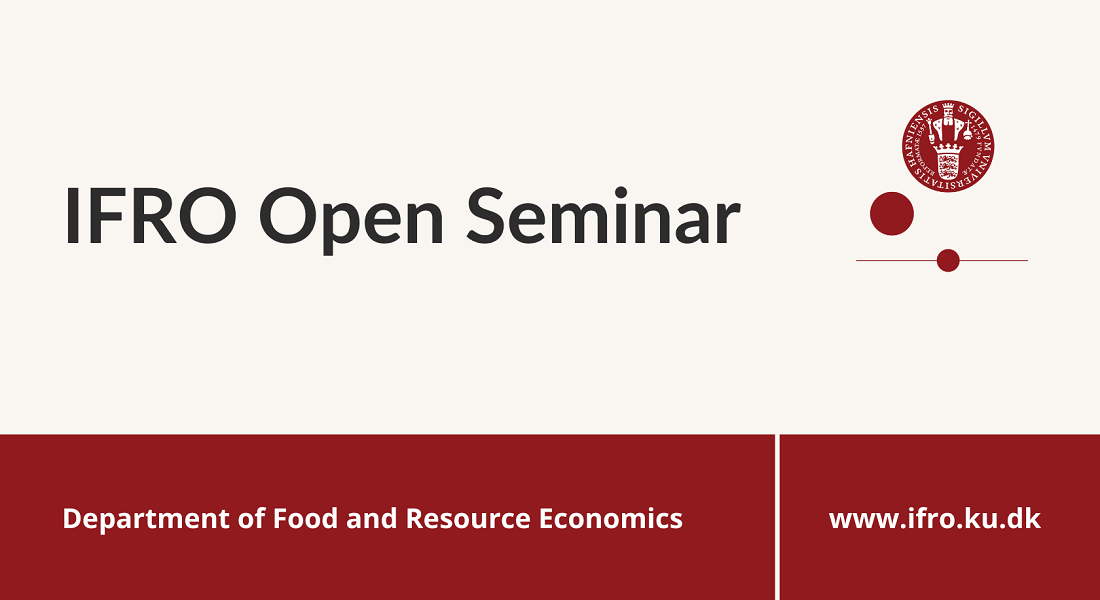
Urbanization and rural-urban migration in China

Open seminar with Professor Houkai Wei, Rural Development Institute, Chinese Academy of Social Sciences.
Abstract:
China experienced rapid urbanization, especially during the period of 1996-2017. While urbanization is expected to continue, with about 80% of its population expected to reside in urban areas by 2050, China is now in a new stage with decelerated urbanization due to a multitude of factors. This new situation will have profound impacts on China’s economic growth, employment, and fiscal revenue. With decelerated urbanization, rural-urban migration has slowed down and rural migrants are increasingly moving to nearby towns and county-level cities rather than to major urban centers. At the same time, continued urban-rural migration intensifies the ageing process of the remaining rural population, and leads to hollowing out and even disappearance of villages. This raises important public policy questions on rural development and provisions of public goods in rural areas.
About the Speaker
Professor Houkai Wei is the Director of the Rural Development Institute of Chinese Academy of Social Sciences (CASS) in Beijing. He is also a professor at the University of the Chinese Academy of Social Sciences (UCASS). Professor Wei conducts research in urbanization, agricultural and rural development, integrated rural-urban development, regional economics and policy, among others. He has written/edited more than 40 books and major reports and published more than 200 journal papers in Chinese and English. He is the editor of the journal Chinese Rural Economy.
Professor Wei is the president of China Rural Development Association and also holds leadership positions in several other national academic associations in China. He is a member of the expert consultation committee of the Ministry of Agricultural and Rural Affairs. He is currently a delegate to the National People’s Congress and a member of the NPC’s Agriculture and Rural Affairs Committee.
Events


